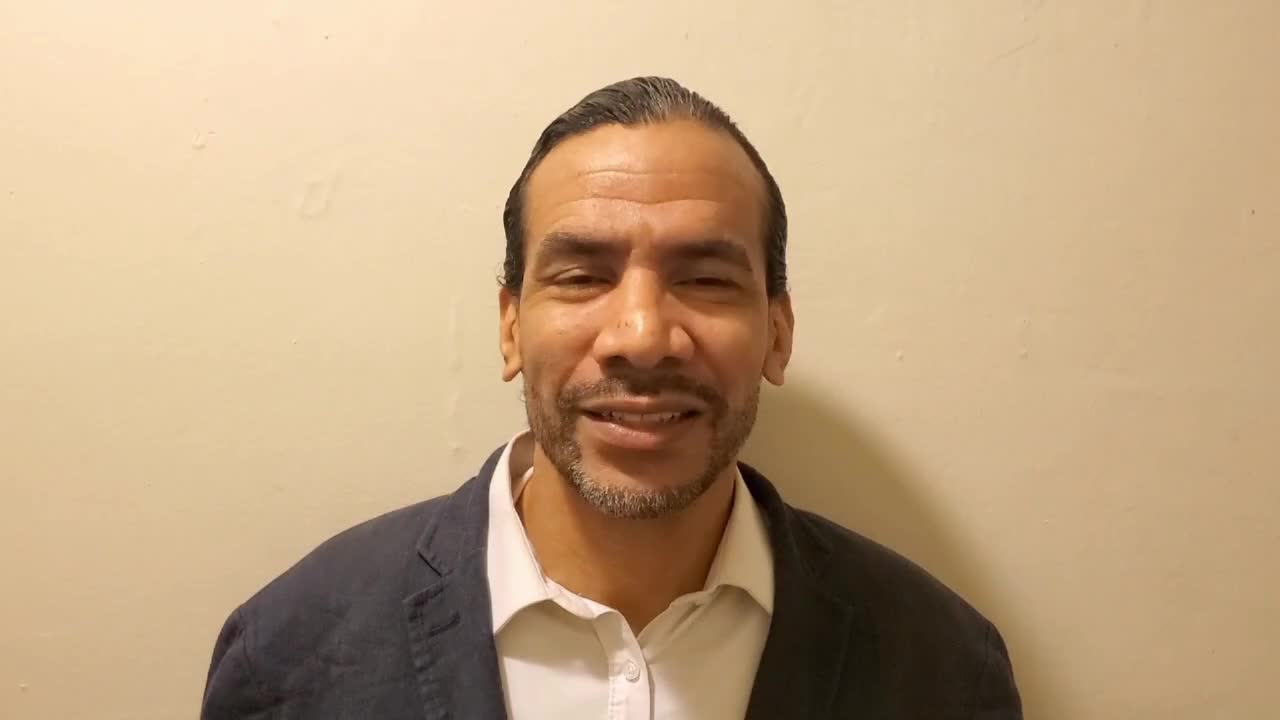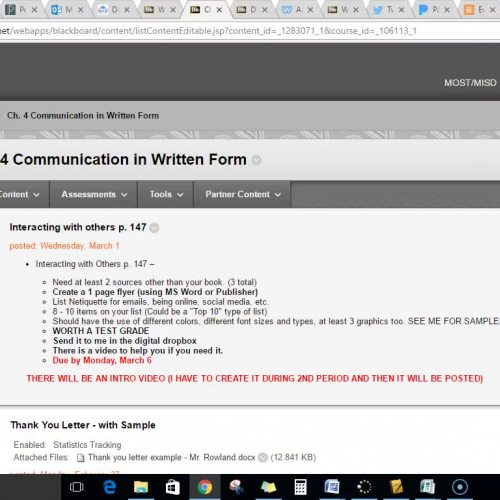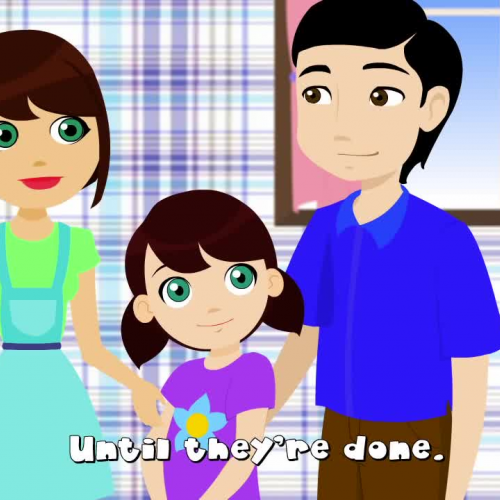High School > Home Economics > Etiquette Videos
How a person conducts herself in public says a lot about her personality, upbringing, and overall character. Since first impressions matter to many people, public behavior may make or break someone’s reputation. Knowing this, one must always conduct herself appropriately in different public situations.
Politeness always goes a long way, and it isn’t hard to be polite. It only seems hard because most people don’t know how to. Especially in today’s society where “anything goes” and “mind your own business” are the common catchphrases of many people.
Hence, teaching etiquette to Home Economics students is key. Different social and professional situations demand different brands of etiquette. For example, a startup company has a different etiquette than a big multinational corporation. In the startup, being relaxed and friendly in the workplace might be highly encouraged, but in the multinational, it may be viewed as being too lax and unprofessional. Students ought to be able to know the difference.
Also, there are general standards of etiquette applicable to any social situation. For instance, table manners: these are universal, recognized in any restaurant or hotel. There is also the etiquette on being a gentleman: young men would certainly benefit a lot from this.
More than being taught in lectures, etiquette needs to be modeled. Students cannot learn this skill set by just copying notes from a chalkboard; they have to experience doing it themselves. Etiquette is composed of practical skills; therefore the students must practice what they have learned even outside the classroom. They may score high in written etiquette exams, but the real test is not in school. Rather, the actual test of etiquette is in the outside world.
But if students are equipped early on with these essential life skills, they will know how to treat everyone with respect. In turn, others would also respect them. All this would make the world a better place to live in.









